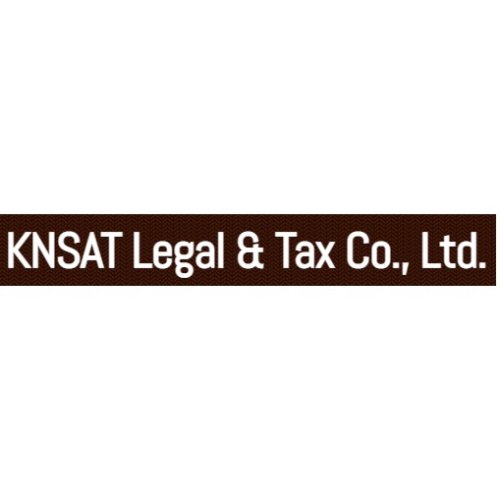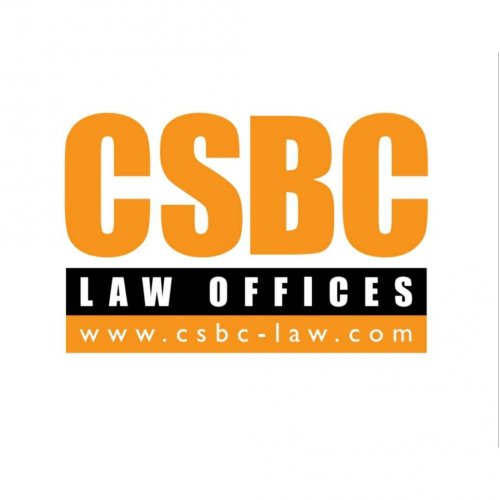Best Tax Lawyers in Bangkok
Share your needs with us, get contacted by law firms.
Free. Takes 2 min.
List of the best lawyers in Bangkok, Thailand
Legal guides written by Smart Legal Solutions:
- Main Legal Measures to Protect Foreign Investment in Thailand
- Legal Protection of Foreign Investment in Thailand
- The importance of the geographical indications for the Thai economy
Thailand Tax Legal Questions answered by Lawyers
Browse our 1 legal question about Tax in Thailand and the lawyer answers, or ask your own questions for free.
- Am I required to pay income taxes in Thailand when holding a Thai Elite Visa?
- I am interested in spending some of my time in Thailand every year with the Thai Elite Visa, however, I am wondering if this would oblige me to pay income tax in the country?
-
Lawyer answer
Thai Elite Visa holders do not need to pay income taxes if the income comes from abroad; the Thai Elite visa comes under the same category as special tourist visas. There are circumstances where a Thai Elite Visa holder may...
Read full answer
Disclaimer:
The information provided on this page is for general informational purposes only and does not constitute legal advice. While we strive to ensure the accuracy and relevance of the content, legal information may change over time, and interpretations of the law can vary. You should always consult with a qualified legal professional for advice specific to your situation. We disclaim all liability for actions taken or not taken based on the content of this page. If you believe any information is incorrect or outdated, please contact us, and we will review and update it where appropriate.

















